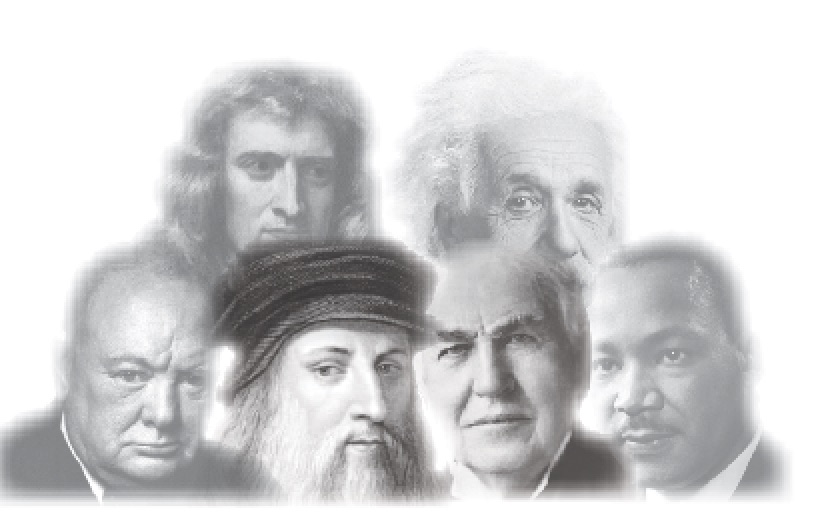
I am surrounded by geniuses. They don’t live near me and most of them are no longer on the planet, but I absorb their ideas and insights daily through their writings and their creations. In his book Human Accomplishment, Charles Murray presents data to identify the sources of human achievement in the arts and sciences from the beginning of recorded history to 1950. While Murray accepts that human intelligence is distributed according to the normal distribution, he provides data to support the claim that achievement throughout the human population is represented by the Lotka distribution, implying that genius is extremely rare. Asserting that the overwhelming number of world-changing discoveries, inventions, and creative works come from a remarkably small number of “giants” in those domains, he states:
When you assemble the human résumé, only a few thousand people stand apart from the rest. Among them, the people who are indispensable to the story of human accomplishment number in the hundreds. Among those hundreds, a handful stand conspicuously above everyone else.
Great authors such as Shakespeare and Goethe lay naked the inner motivations of the human psyche that drive us to flawed decisions and personal tragedy. The gifted orators convey ideas in a flash and rally people to a common cause. The ingenious inventors create technologies that no one else could imagine. And the brilliant scientists, made discoveries that destroyed old paradigms and created new understandings of our world. In the words of Schopenhauer, “Talent hits a target no one else can hit; genius hits a target no one else can see.”
While social media serve an important purpose in providing information, sharing ideas, and understanding contemporary events, they are not a substitute for reading the great works of the geniuses of the past whose insights about life and existence transcend time. They are your friends and should be your cherished companions.
